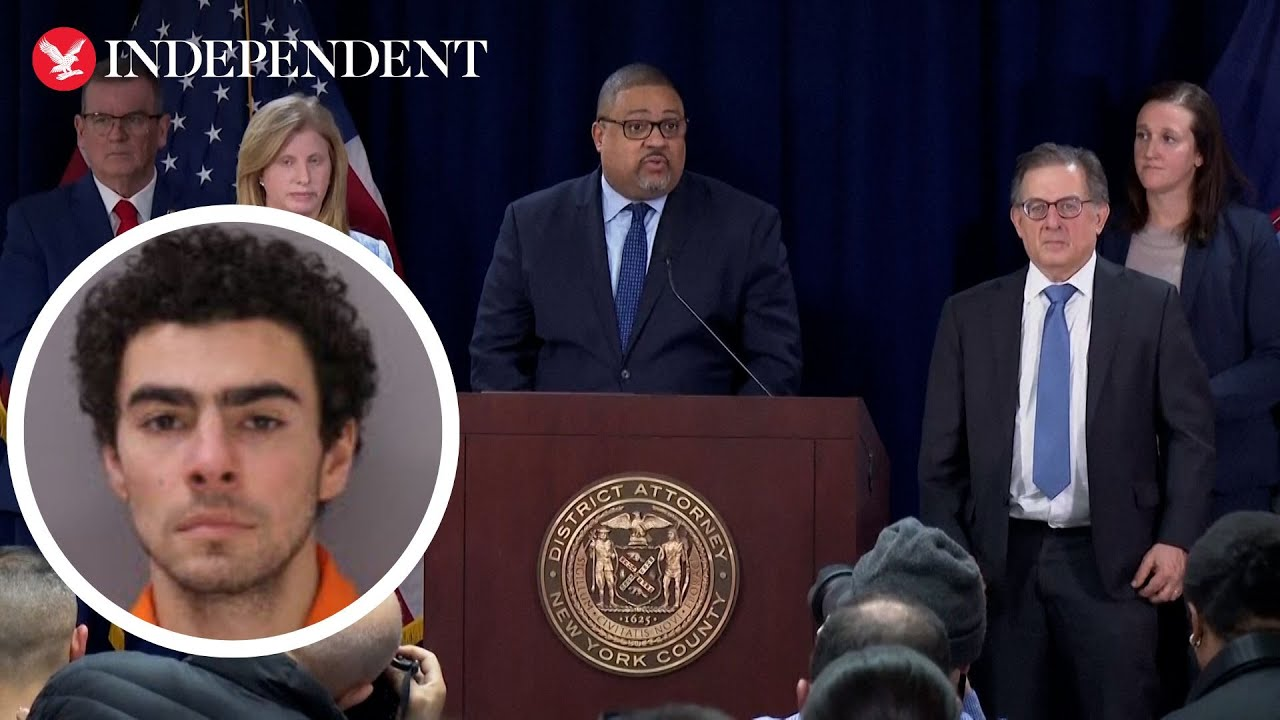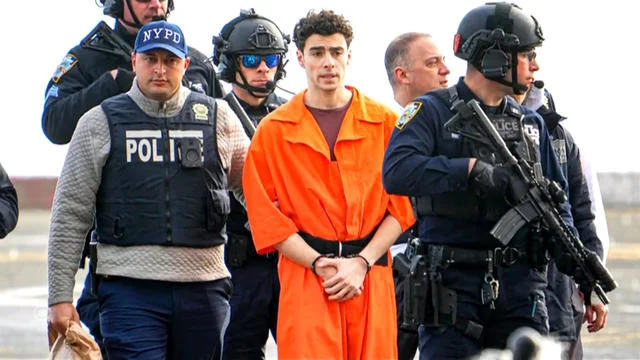The recent first-degree murder charge against Luigi Mangione has captured significant public attention, raising questions about the circumstances of the case, the legal processes involved, and the broader societal impact. In this article, we delve into the key aspects of the case, the legal framework for Luigi Mangione first-degree murder charge, and the potential outcomes.
The Case Background

Luigi Mangione was charged with first-degree murder following an alleged incident that resulted in the death of an individual. While the specific details of the case remain under investigation, law enforcement authorities have described the incident as deliberate and premeditated, which are critical elements in a first-degree murder charge.
Reports indicate that the alleged crime occurred under circumstances that suggest a calculated intent to cause harm. Authorities have gathered evidence, including witness statements and forensic findings, to build a case against Mangione. However, as with any criminal case, the presumption of innocence remains until proven guilty in a court of law.
Understanding First-Degree Murder
Luigi Mangione first-degree murder charge is considered the most severe category of homicide and is characterized by specific elements that distinguish it from other forms of unlawful killing. These elements typically include:
- Premeditation: The act must be planned and deliberate, demonstrating intent to kill.
- Deliberation: The decision to commit the act must be made with a cool mind, free from impulsive or reckless behavior.
- Malice Aforethought: The perpetrator must have a clear intent to cause death or serious harm.
In many jurisdictions, first-degree murder charges may also apply to killings that occur during the commission of certain felonies, such as robbery or arson, under the legal doctrine known as “felony murder.”
The Legal Process

The legal proceedings in a first-degree murder case involve several stages, each of which plays a critical role in ensuring justice:
- Investigation: Law enforcement agencies collect evidence, interview witnesses, and analyze forensic findings to establish the facts of the case.
- Arrest and Charges: Once sufficient evidence is gathered, the suspect is arrested and formally charged. In Mangione’s case, the charge of first-degree murder indicates that authorities believe they have evidence of premeditation and intent.
- Preliminary Hearings: These hearings determine whether there is enough evidence to proceed to trial. The prosecution presents its case, and the defense may challenge the evidence.
- Trial: If the case goes to trial, both sides present their arguments before a judge or jury. The prosecution must prove the defendant’s guilt beyond a reasonable doubt.
- Sentencing: If convicted, the defendant faces severe penalties, which may include life imprisonment or, in some jurisdictions, the death penalty.
Defense Strategies

In a Luigi Mangione first-degree murder charge, the defense plays a pivotal role in ensuring that the accused receives a fair trial. Common defense strategies include:
- Challenging the Evidence: The defense may question the validity or admissibility of the prosecution’s evidence, such as forensic findings or witness testimony.
- Arguing Lack of Intent: The defense might argue that the act was not premeditated or deliberate, potentially reducing the charge to second-degree murder or manslaughter.
- Self-Defense or Justification: In some cases, the defense may claim that the act was committed in self-defense or under circumstances that justify the use of lethal force.
- Mental Health Factors: If applicable, the defense may present evidence of mental illness or diminished capacity, which could impact the defendant’s culpability.
Societal Implications
The Luigi Mangione case highlights broader societal issues related to crime, justice, and public safety. High-profile murder cases often spark debates about:
- Gun Violence: If firearms were involved, the case could contribute to ongoing discussions about gun control and regulations.
- Criminal Justice Reform: The case may prompt scrutiny of the legal system’s handling of serious crimes, including the fairness of trials and sentencing practices.
- Community Impact: Violent crimes have a profound effect on communities, leaving lasting emotional and psychological scars on victims’ families and local residents.
- Media Influence: Extensive media coverage can shape public perceptions of the case, sometimes leading to challenges in ensuring an unbiased jury.
Potential Outcomes

The outcome of the Luigi Mangione case will depend on the evidence presented, the effectiveness of legal arguments, and the judicial process. Possible scenarios include:
- Conviction: If the prosecution successfully proves its case, Mangione could face the maximum penalties associated with first-degree murder.
- Acquittal: If the defense raises reasonable doubt about Mangione’s guilt, he may be acquitted of the charges.
- Plea Bargain: In some cases, the defendant may agree to plead guilty to a lesser charge in exchange for a reduced sentence.
- Mistrial: Procedural errors or issues with the jury could result in a mistrial, potentially leading to a retrial.
Conclusion:
The Luigi Mangione first-degree murder charge against Luigi Mangione underscores the complexities of the legal system and the gravity of such allegations. As the case unfolds, it will serve as a reminder of the importance of due process, the presumption of innocence, and the pursuit of justice. Regardless of the outcome, the case will likely leave a lasting impact on all parties involved, highlighting the need for continued efforts to address the root causes of violent crime and promote a fair and effective legal system.

